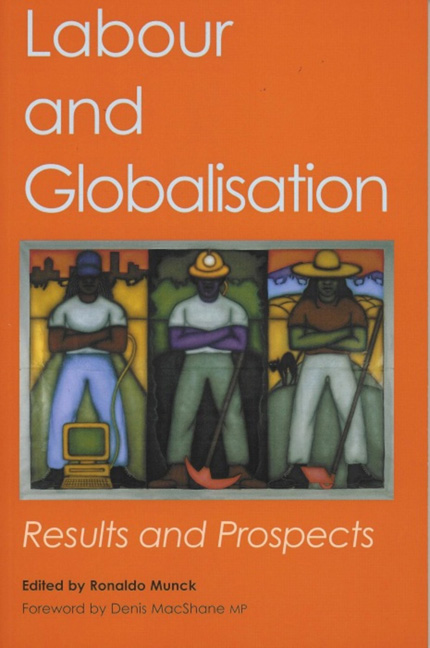Foreword
Summary
This book is being published at a key moment in trade union history. For the first time there are serious questions being raised about the long-term survival of trade unionism. As capital has gone global, the inability of trade unions to follow suit is now a major challenge for those who believe that democratic trade unionism represents a key building block in any decent society. Will history record trade unions as a form of social organisation that arrived with the twentieth century and faded in the twenty-first? The rhetoric of internationalism has always been part of the trade union narrative but the actual trade union form has remained profoundly national. The long and costly cul-de-sac of Sovietism and the split in international labour insisted upon by Lenin after 1920 was exacerbated by the logic of the Cold War after 1947. Yet the end of the Cold War has seen little evidence of a rebirth of trade unionism internationalism. The different trade union supra-national organisations such as the ICFTU (International Confederation of Free Trade Unions) and the international trade union secretariats or the ETUC (European Trade Union Confederation) continue to do excellent coordinating work but their national affiliates refuse to provide the money, the staff resources or the transfer of authority and power to match the demands and requirements for effective international union organisation.
For the first time since the 1960s there is talk of full employment in Europe. But if an increasing number of workers have work, why are fewer and fewer of them joining trade unions? The figures are startling. In the United States, despite more than a decade of full employment since 1990, only one in fifteen workers in the private sector belongs to a trade union. In Germany, the once-mighty DGB (Deutschegewerkschaftbund) has lost one third of its members since 1990. In Britain, Tony Blair's Labour government has passed more laws to support trade unions than any government in British history. The TUC (Trades Union Congress) has identified 26 new laws or decrees that help workers and trade unions in Britain since Blair became prime minister. Despite this, the TUC's eight million members represent a drop of 40 per cent from its membership in 1980.
- Type
- Chapter
- Information
- Labour and GlobalisationResults and Prospects, pp. viii - xiPublisher: Liverpool University PressPrint publication year: 2003

